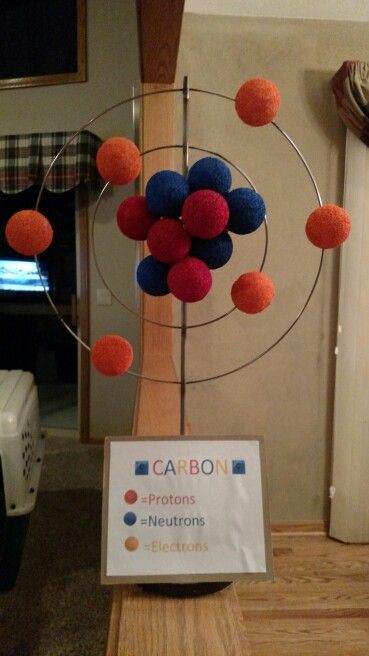-
where the mass of an atom is concentrated
the nucleus
-
charge of an atomic nucleus
positive
-
what holds an atom together
electrostatic attraction
-
deflection of electrons in an electric field
very easily away from negative plate, towards the positive plate
-
why is an electron easily deflected
have a very small mass
-
deflection of protons in an electric field
away from positive. towards negative
-
why are protons deflected less than electrons
protons are heavier than electrons
-
deflection of neutrons in an electric field
none at all
-
proof of subatomic particles charge
deflection in an electric field
-
ions are
charged
-
formation of an ion
either gain or loss of electrons
-
atomic (proton) number is the same as
the number of protons
-
calculation of number of protons
mass number - number of neutrons
-
a neutral atom has the same numbers of
protons and electrons
-
a positive ion has
lost electrons
fewer electrons than protons
-
a negative ion has
gained electrons
more electrons than protons
-
formula for number of neutrons
mass number - number of protons


